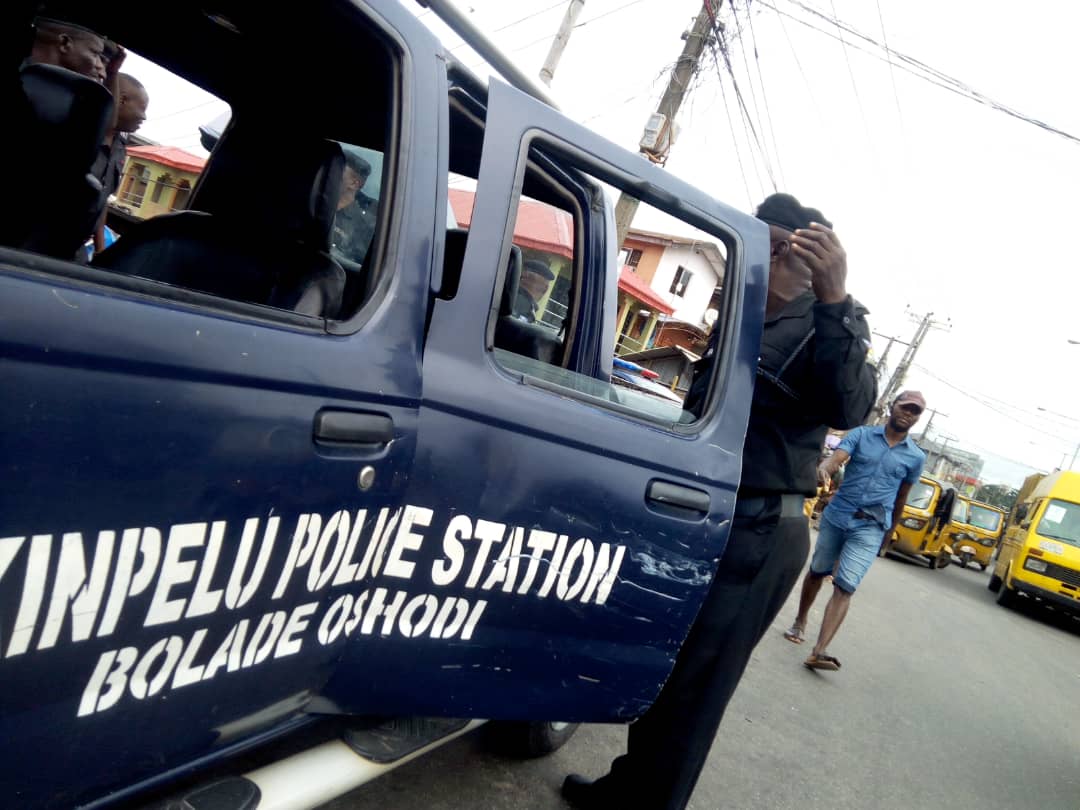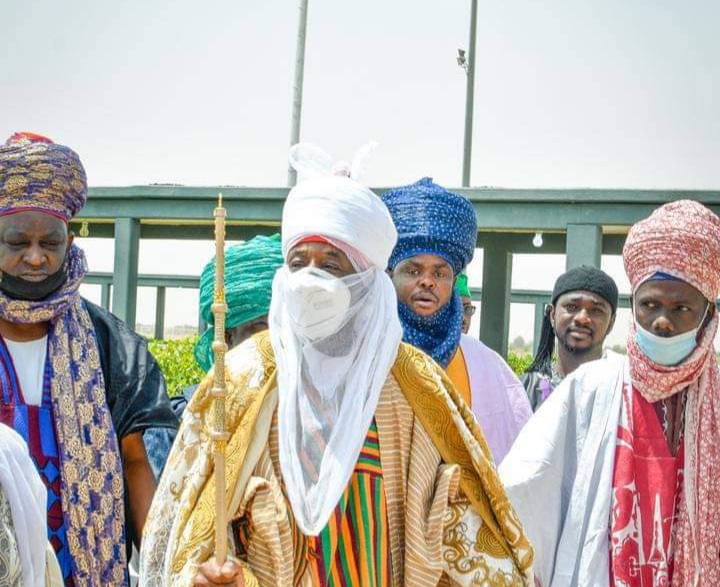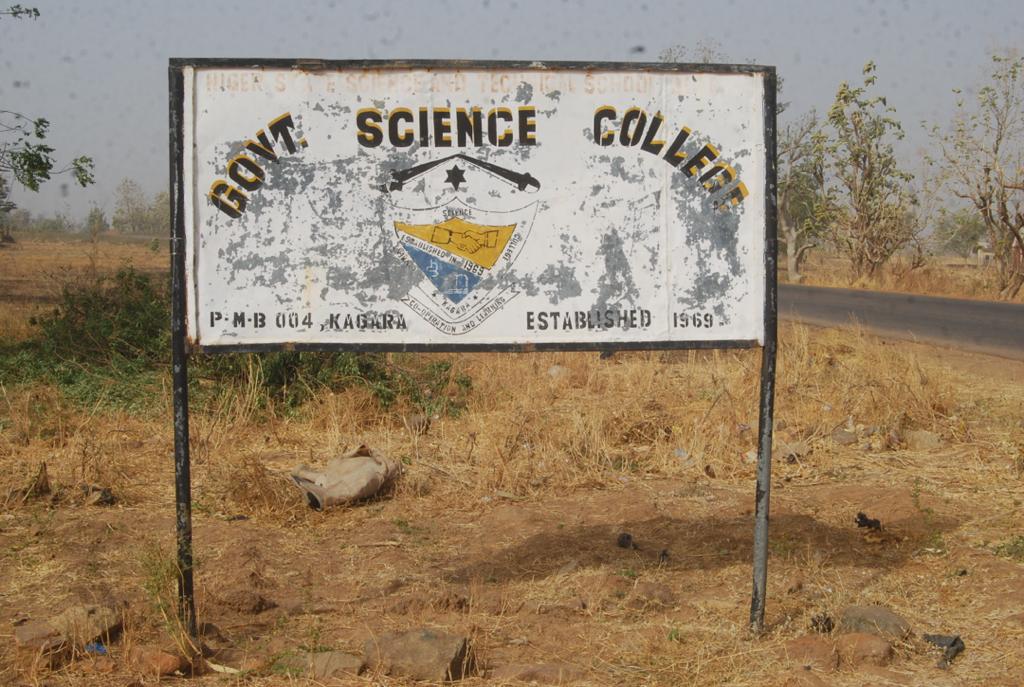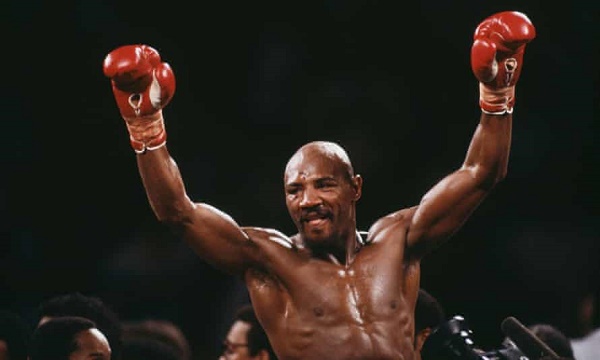It would appear setting up state police in Nigeria is now a matter of “when” – not “if”. What started as a campaign championed solely by south-west political and opinion leaders at the dawn of this democracy has gone on to win more disciples nationwide. Support is coming from unlikely quarters in the north, with many of the region’s governors now in tow – even though they do not fully embrace the broader campaign for “true federalism” and “restructuring” as championed mostly by southern leaders and their allies in the middle belt. The kidnapping and banditry up north are clearly playing the key role in persuading the northern governors that the time for state police has come.
What is state police? Although the campaign has gone on for decades, there has been no proper articulation of the idea apart from what Senator Ike Ekweremadu, as deputy senate president, came up with in a bill some years ago. However, when people canvass “state police”, it is generally understood to mean a force controlled by the state that set it up. It will exist alongside the Nigeria Police Force (NPF), which is seen as the exclusive property of the federal government. The inspector-general of police is appointed by the president. But the chief of state police, or whatever title they will go by, will be appointed by the governor. That is the concept as currently canvassed.
Why do people want state police? I want to believe that the agitation was initially sparked off by political currents under President Olusegun Obasanjo as he used and abused the police for partisan purposes. He deployed the police to intimidate his opponents ahead of the 2003 elections and subsequently captured many states. In one fell swoop, he took five of the six states in the south-west, leaving only Lagos. To counter this abuse of power, many started arguing that state police would provide a “balance of force”. The agitation was built on the foundation of “true federalism” – that is, every state should have control over its internal law enforcement, as in other federations.
On another front, it has also been well argued that Nigeria is too big for policing to be efficiently administered from Abuja. There are 200 million Nigerians, according to population estimates, spread across 36 states and FCT, 774 LGAs and a million towns and villages. Many proponents believe that the mammoth size of Nigeria is responsible, partly at least, for police inefficiency. More so, there is the argument that if police officers serve in their states of birth/origin, their local knowledge can help in intelligence gathering and general crime fighting. It is argued, for instance, that posting a Hausa officer to my village in Kogi state can be unhelpful if he does not speak Yagba or Yoruba.
Advertisement
Today, the broader justification for state police is the pervasive insecurity. It is believed that if states had their own police forces, insurgency, terrorism, banditry, kidnapping and other crimes crippling the country would have been prevented. It must be noted that there is nothing new about state police: policing was decentralised until 1966 when the military took over and centralised command (as with all things military). Every region had its own police force: Local Government Police in the west, Sheriffs and Court Messengers in the east and Native Authority Police in the north. With states now setting up quasi-police outfits, we are in a way already trying to cross the Rubicon.
What will state police look like? Under the “Ekweremadu Model”, the national assembly will set out the framework and guidelines; the state legislature will make laws for the administration; funding will be a first-line charge on state allocation; the police commissioner will be appointed by the governor (on the advice of a proposed National Police Service Commission) and confirmed by the state legislature; the commissioner will serve for five years or until retirement age; the governor may give “lawful” orders to the commissioner, who can refer unlawful orders to the proposed State Police Service Commission; and the commission, not the court, will have the final say.
What’s more, the commissioner could be removed by the governor as recommended by the National (not State) Police Service Commission but this must be approved by two-thirds majority of the state legislature. It is noteworthy that the chairman of the state commission will be appointed by the governor subject to confirmation by the house of assembly, while the chairman of national commission will be picked by the president subject to senate confirmation. Both will have representatives from the civil society, labour and media. This, I suppose, is to provide for oversight and accountability. That is basically the Ekweremadu Model. I am yet to see or read other proposals.
Advertisement
Where do I stand? I used to be very sceptical about, but not completely opposed to, state police. My argument had always been that our problems were deeper than they appear and while state police might address certain issues, they might create others. My main reservation was its desirability in a very complex and complicated entity like Nigeria where ethnic and religious emotions are always running high. Also, I have argued that if politicians really want the federal police to work, they would. Political manipulation is the major handicap. Today, it is not that my reservations have disappeared but I’m thinking: why don’t we try something “new” and see what happens?
If the people really think it is state police that will end or contain Boko Haram insurgency, banditry and herders-farmers clash, please let them have their wish. After all, regions are already setting up security outfits, even if the results so far are not overwhelmingly positive. Many states are already running bodies that perform police functions, just that they do not bear arms. In Lagos state, we’ve had LASTMA doing traffic management (a police function) for years, KAI enforcing discipline with frog jumps and Black Marias, and the governor’s task force (peopled by federal police officers) seizing freshly cooked rice (with steaming stew and fried meat) from roadside vendors.
However, I would like to highlight some issues as we move closer to decentralising the police. One, there is very popular notion that “decentralised police” is part of “true federalism”. In truth, unitary systems also have decentralised police. The United Kingdom runs a unitary system, but the police are decentralised. There are 48 police forces across the UK; London alone has Metropolitan Police Service and City of London Police. Counties also have community police. Before Nigeria adopted a form of federalism under the Richards Constitution of 1946, policing was also localised. So even as a unitary system (where powers are highly centralised), policing was decentralised in Nigeria.
Two, while the impression is that we do not currently have decentralised policing, the argument should be that the command structure is too centralised. The police are somewhat decentralised: force headquarters in Abuja; 12 zones across Nigeria; 37 state commands (FCT inclusive); divisional police headquarters; police station; police post; and village police post. But operational orders are issued from Abuja by the IGP, an appointee of the president. State police commissioners, in theory, do not take orders from governors (although they do in practice). Basically, what the governors want is to be able to issue orders to the police commissioners without any IGP standing in the way.
Advertisement
Three, there is this argument that state police would be more efficient than the federal one. Really? What do the states run better? Are state universities better managed than federal ones? Are state hospitals better run than the ones under the federal government? Are the toilets in the state secretariats cleaner than the ones in the federal secretariat? However, there is a bit of the argument that is sustainable: decentralisation should, on paper, improve the speed and quality of operations. The current reality, I must highlight, is that states already spend a lot to support the police and they manage to get many things done, except when the federal government is an interested party.
Four, I worry about funding. States are already stressed financially. As I write this, some states are surviving on half salaries. Pensions are not even on the agenda. To set up and equip a police force, recruit and train personnel, and run overheads will cost more than one naira. I am also tempted to think that since the personnel would be Nigerians, they may not be too different from the federal ones. Politicians will have slots. Area boys, political thugs and career criminals would certainly find their way into state police. In which case, our problems would only be decentralised. But, yes, we can argue that state police would create jobs and take many would-be criminals off the streets.
Finally, I fear a bit about the potential political and ethnic manipulation of state police. While the federal police are not saints, they still behave like “mother hen” at times and allow a “level field” when they are not being used. I do not see state police being given to neutrality at any point. We have seen how state “independent” electoral commissions always return council elections in favour of the governor’s party. Recently in Kano, APC won all the 44 chairmanships and all the 484 councillorships. It happens everywhere: the SIECs always “deliver” to the governors. We can make all the laws in the world to checkmate misuse but you and I know that law is law and reality is reality.
My conclusion: despite all my misgivings, let there be state police. The status quo clearly needs improvement and if state police would provide that, why not? There is nothing strange or unprecedented about decentralised policing. More so, more people across the divides are buying into the idea, which means the political consensus is growing. This is critical in a country reeling under mutual distrust, morbid suspicion and fear of domination. However, we should be very clear in our minds that state police will not be the jolly ride that has been sold to us. From experience, there are plenty dangers ahead for everybody. And there will always be work to be done.
Advertisement
AND FOUR OTHER THINGS…
BANDITS’ PARADISE
It is very heart-breaking that at a time we are celebrating women, bandits went to the Federal College of Forestry Mechanisation in Afaka, Kaduna state, on Friday and kidnapped several students, mostly female. Once again, Nigeria has let down its citizens. My first instinct was to say maybe we should shut all schools in the north until security improves, but that suggestion tends to assume that students are safe anywhere else. I keep wondering: how do these bandits move without being tracked, even with technology? How many are they that we appear so overwhelmed? For how long will this go on? My thoughts and prayers are with the captives. Nigeria needs help. Urgently.
Advertisement
CLOSED GRAZING
Last week, the Ondo state chapter of the Miyetti Allah Cattle Breeders Association of Nigeria (MACBAN) said open grazing is “outdated” and herders need to seek modern alternatives. I told myself: “Finally!” Four years ago, we were being told open grazing is a culture that must not be tampered with. Now that things have got out of hand – with many killed and ethnic relations at knife-edge – I am seeing some compromise that once looked impossible. The Kano state government is, commendably, building a massive ranch that can take millions of cows. I feel sad that a lot of damage has been done before we are arriving at a solution, but it is better late than never. Forward.
Advertisement
HOUSE OF COMEDY
The house of reps on Wednesday passed a resolution asking the federal government to hire foreign mercenaries to fight Boko Haram. I didn’t know whether to laugh or cry. It shows the level things have degenerated to in Nigeria that such a sensitive national security issue would be a subject of open debate and resolution by the legislature – something that should be discussed in an executive session and the resolution forwarded quietly to the president. The reps topped it up by proposing a law that will force a state to produce at least one female senator. There are three senatorial zones in a state. What zone will you compel to go first? How many terms can the senator serve? Jokes.
Advertisement
DELTA FARCE
The UK has agreed to return the £4.2 million forfeited by associates of Chief James Ibori after the money laundering conviction of the former governor of Delta state. The federal government wants to use it to finance some projects. I like the idea. I favour extraordinary incomes being tied to projects so that we can see what we did with them. However, should the money go to the federal purse or Delta state? Since we returned funds recovered from Chief Joshua Dariye to Plateau state and Chief DSP Alamieyeseigha to Bayelsa state, why not Delta? As an aside, though, there is a risk that the Delta government could return the funds to Ibori through the back door. Nigeria!
Add a comment







